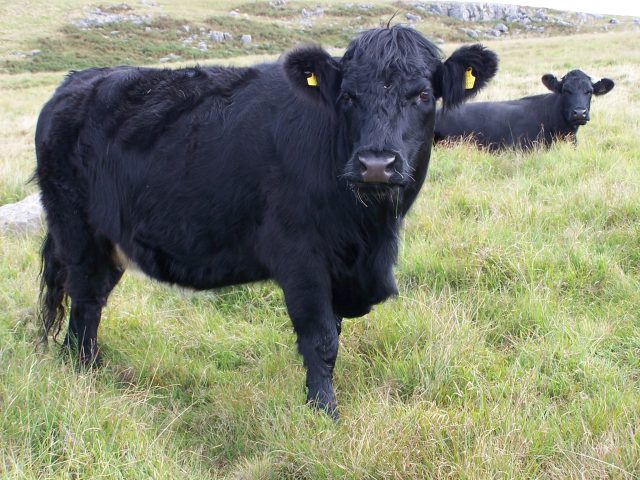Type the name of the breed you're looking for below
[wpdreams_ajaxsearchlite] Don't see the breed your're looking for? Click here and let us know!
Welsh Black cattle
| Place of Origin | Great Britain |
| Origin | Commercial exploitation of the breed meant that drovers would herd them to English markets. Herds from south west Wales travelled towards Hereford and Gloucester up the Tywi Valley to Llandovery. Herds from South Cardiganshire reached Llandovery through Llanybydder and Llansawel. They would then return to Wales with large amounts of money, which made them targets of bandits and highwaymen. The result was the formation in 1799 of the Banc yr Eidon in Llandovery, the Bank of the Black Ox, which was later purchased by Lloyds Bank. By the turn of the nineteenth century, 25,000 cattle were being exported from Wales every year. Before the 1960s, few cattle were exported outside the UK, but now can be found in Canada, New Zealand, Australia and Germany as well in Saudi Arabia, Jamaica and Uganda. Welsh Black cattle are on the list of endangered native breeds in Wales. |
| Purpose | Traditionally bred for both milk and beef, commercially it is now usually used only for beef. |
| Appearance | As the name suggests, the cattle are naturally black. Red individuals occur occasionally – red and other colours were more common in the past. |
| Horns | They generally have white horns with black tips, but these may be removed, and there are also naturally hornless (polled) strains. |
| Other Considerations | Cornish Black; It has been speculated that the extinct black cattle of Cornwall were a closely related breed to the Welsh Black. In the nineteenth century they were described as being the same size. Its hardy nature coupled with its habit of browsing as well as grazing makes it ideal for rough pasture such as heathland and moorland, and for conservation grazing. |



